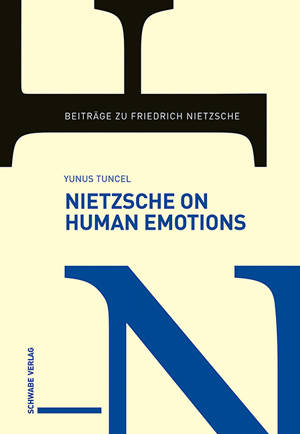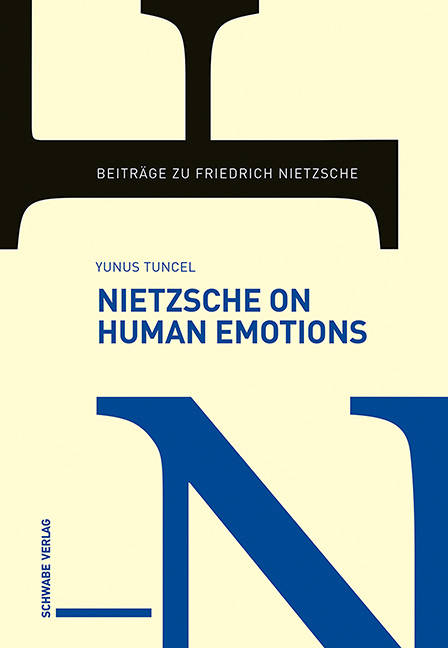
Bedankt voor het vertrouwen het afgelopen jaar! Om jou te bedanken bieden we GRATIS verzending (in België) aan op alles gedurende de hele maand januari.
- Afhalen na 1 uur in een winkel met voorraad
- In januari gratis thuislevering in België
- Ruim aanbod met 7 miljoen producten
Bedankt voor het vertrouwen het afgelopen jaar! Om jou te bedanken bieden we GRATIS verzending (in België) aan op alles gedurende de hele maand januari.
- Afhalen na 1 uur in een winkel met voorraad
- In januari gratis thuislevering in België
- Ruim aanbod met 7 miljoen producten
Zoeken
Omschrijving
Much has been said on particular feelings that appear in Nietzsche's works, such as pity, revenge, altruism, guilt, shame, and ressentiment. But there has not been a significant study on Nietzsche's overall teachings on feeling and emotion. What does Nietzsche mean by feeling and the related phenomena? Out of such disparate types of feelings and disparate reflections by Nietzsche on them, can one make sense or can one speak of a theory of feelings in Nietzsche? If so, how does this theory fit with his philosophy of value? On the other hand, how do his teachings relate to some of the later concepts of his philosophy such as the overhuman, the will to power and the eternal return of the same? While the book will contextualize Nietzsche's emotive theory in relation to other emotive theories in the history of ideas, it will also explore Nietzsche's influence on later generations in this area.
Specificaties
Betrokkenen
- Auteur(s):
- Uitgeverij:
Inhoud
- Aantal bladzijden:
- 248
- Taal:
- Engels
- Reeks:
- Reeksnummer:
- nr. 22
Eigenschappen
- Productcode (EAN):
- 9783796543456
- Verschijningsdatum:
- 29/11/2021
- Uitvoering:
- Hardcover
- Formaat:
- Genaaid
- Afmetingen:
- 159 mm x 22 mm
- Gewicht:
- 4975 g

Alleen bij Standaard Boekhandel
+ 274 punten op je klantenkaart van Standaard Boekhandel
Beoordelingen
We publiceren alleen reviews die voldoen aan de voorwaarden voor reviews. Bekijk onze voorwaarden voor reviews.









